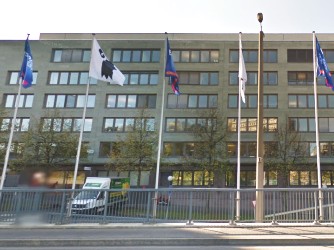Individual coaching
Goals
This is to allow the participant: The decision to make use of coaching services enables the individuals in question to receive independent, honest, and professional yet personal feedback, to further develop specific skills, and to work more efficiently as an employee and more persuasively as a person, and thus visibly increase their motivation and success. Process
We agree on the duration and intensity (content, in-depth) of the meetings: either we will fix them definitively, for example when it comes to achieving short or medium-term objectives, or we will analyze and adapt them during the process. We make an inventory of skills and potentials, similar to that carried out during an assessment, but without necessarily doing it in a single day - we can spread the time for this inventory over several days or meetings. We discuss the results and impressions throughout the process, analyze them and refine the stages of development, according to the goals set together. We look at the intermediate results obtained and compare them with the intermediate objectives that have been previously set. We discuss the challenges that have arisen, the difficulties and successes, establish the priorities, and look for short, medium and long term solutions. At the start of the collaboration, we generally expect longer and more frequent meetings. We seek to support personal effort, from an outside view, professional, constructive, critical and independent. A long-term relationship of dependence will be avoided, on the contrary the participant will be supported towards autonomy by becoming aware of his or her strengths, weaknesses, potentials and the means that he or she can implement. Depending on the initial situation and the goals set, we will try to finish the work after a planned period or a planned number of meetings, but if there is the need, we will continue. Over time, we can insert longer breaks between meetings; a retrospective look and the discussion of new approaches is possible even after several years. Trust
The foundation for all of this is mutual trust and extreme professionalism. The objectives are either prescribed by the employer or, for the most part, discussed between the client (coachee) and the coach. Detailed information as well as the content of the discussions remain, however, a matter of trust between the coachee and the coach. Only objectives and agreed-upon intermediate objectives are either formulated by the coachee and coach together in the presence of the employer, or they are shared and/or commented on by the coach with the employer at specific times established beforehand. In this case, the coachee will, however, be fully informed of the details by the coach. The completed steps and the process are discussed regularly and adjusted as needed. End
After the coaching comes to an end, a final report is usually compiled and discussed by the coachee and the coach, often in the presence of the employer as well, or in a final meeting with all involved. It is possible and - for the purpose of quality assurance - advisable to review long-term development after several years as well.










